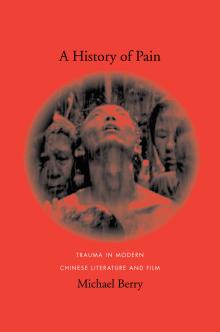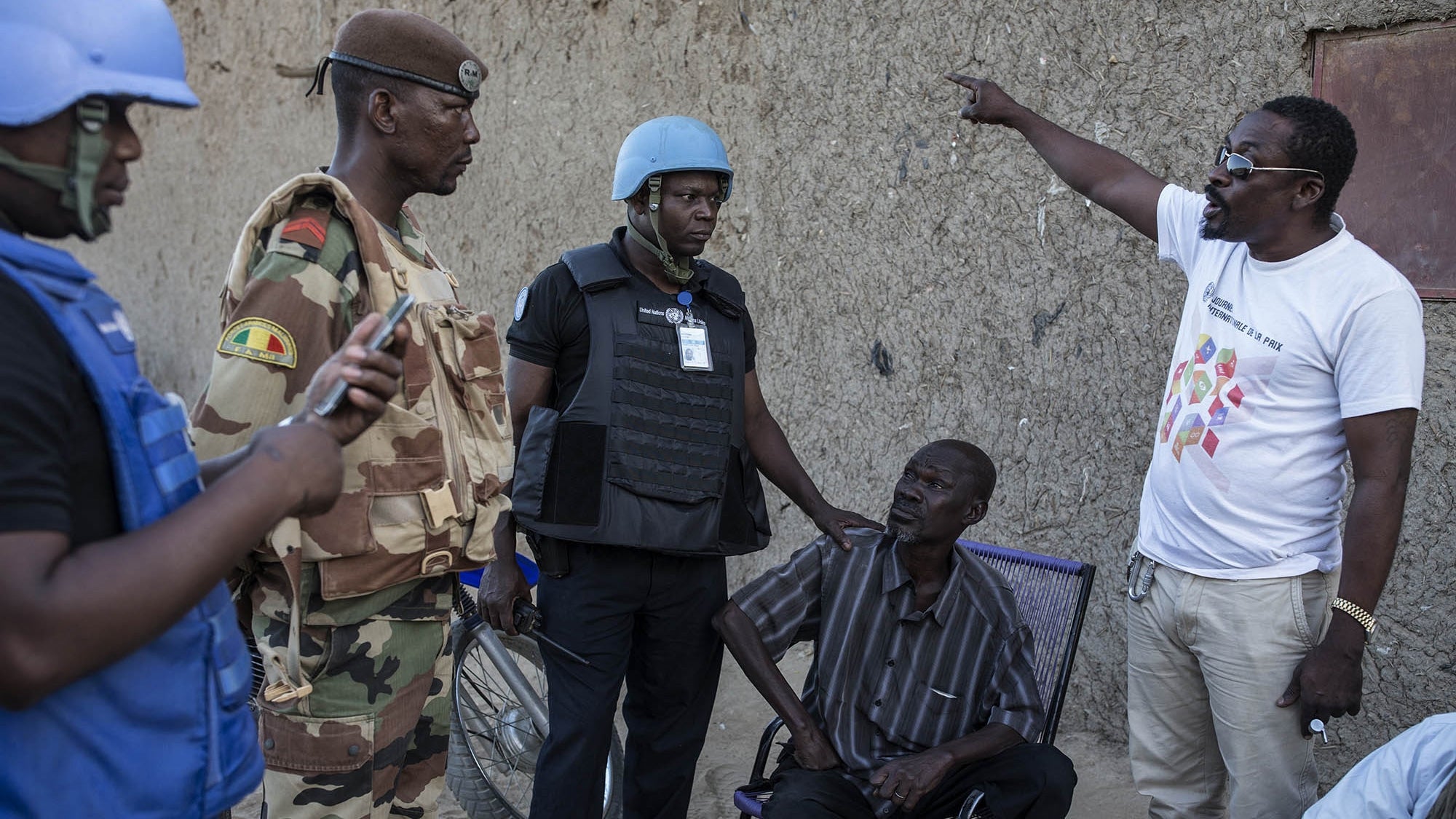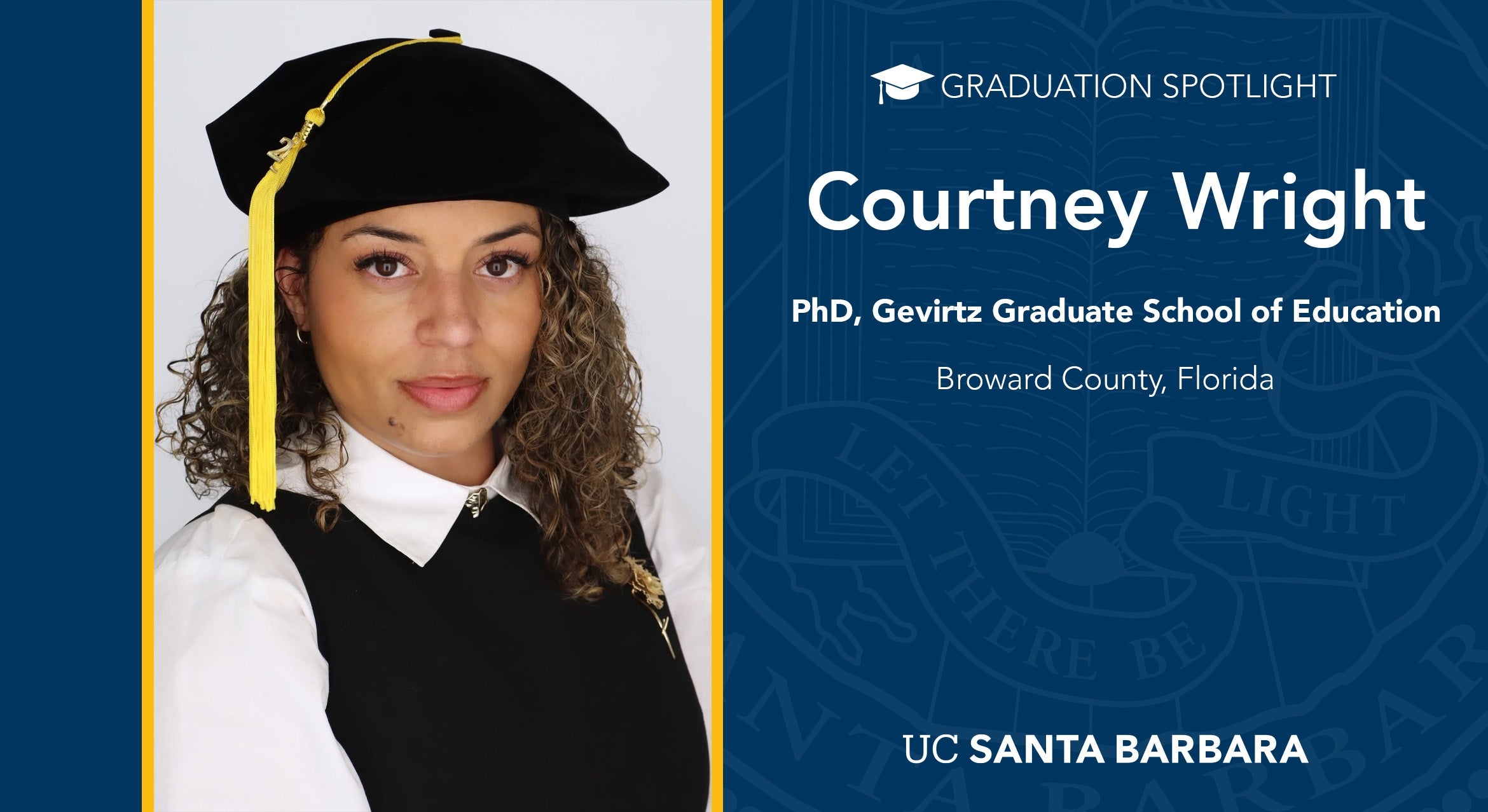Chinese Cultural Scholar at UCSB Publishes New Book, Receives NEA Grant to Translate Another


When Michael Berry landed in China as an education abroad student during his sophomore year of college, he didn't speak a word of Chinese. Now an associate professor of contemporary Chinese cultural studies at UC Santa Barbara, he has authored three books and translated several important contemporary Chinese novels.
Berry's most recent book, "A History of Pain: Trauma in Modern Chinese Literature and Film," was published last month by Columbia University Press. In addition, he has received a $20,000 grant from the National Endowment for the Arts (NEA) to complete a translation of the novel "Remains of Life" by Taiwanese writer Wu He.
In "A History of Pain," Berry focuses on six specific historical traumas in modern Chinese history and examines how they have been represented and reinvented in film, fiction, and popular culture. Among them are the Musha Incident (1930), the Rape of Nanjing (1937-38), the February 28 Incident (1948), the Cultural Revolution (1966-76), Tiananmen Square (1989), and the Handover of Hong Kong (1997).
"People misconstrue representations as actual history," said Berry, who also holds affiliate appointments in UCSB's comparative literature, film and media studies, and Asian American studies departments. "It's a negotiation with reality. What actually happened can never be truly reconstructed because it will always be an interpretation."
In his book he identifies two primary modes of restaging historical violence: centripetal trauma, or violence inflicted from the outside that inspires a reexamination of the Chinese nation; and centrifugal trauma, which originates from within and inspires traumatic narratives that are projected out onto a transnational vision.
The portrayal of historical atrocity in fiction, film, and popular culture can reveal much about the function of individual memory and the shifting status of national identity, according to Berry. As Chinese artists began to explore previously taboo aspects of their nation's history in the final decades of the 20th century, they created texts that prefigured, echoed, or subverted social, political, and cultural trends. "A History of Pain" acknowledges the far-reaching influence of this art and addresses its profound role in shaping the public imagination and conception –– as well as misconception –– of modern Chinese history.
Regarding the translation of "Remains of Life," for which he received the NEA grant, Berry described the work as the most difficult project he's attempted.
Published in 1999, "Remains of Life" describes the Musha Incident, a bloody episode in Japanese colonial history during which an aboriginal tribe called the Atayal instigated an uprising in rural Taiwan. It was quickly suppressed by the Japanese militia in decisive action that resulted in the near genocide of the Atayal people.
The novel, which has received virtually every major literary award in Taiwan, is written in an experimental, stream-of-consciousness style with no paragraph breaks and only a handful of sentence breaks. In addition, it includes several languages: Chinese, Taiwanese, Japanese, and the Atayal dialect. "Structurally, it's quite challenging and highly avant garde," Berry said.
Berry, who earned his doctorate at Columbia University, is also the author of "Speaking in Images: Interviews With Contemporary Chinese Filmmakers," a collection of dialogues with filmmakers including Hou Hsiao-hsien, Zhang Yimou, Stanley Kwan, Ang Lee, and Jia Zhangke. Published in English by Columbia University Press in 2005, Chinese languages editions appeared in Taiwan in 2007 and just last month in Mainland China. Berry is also the author of the forthcoming monograph, "Jia Zhang-ke's Hometown Trilogy," which offers extended analysis of the films Xiao Wu, Platform, and Unknown Pleasures.
Among his literary translations are contemporary Chinese novels by writers Yu Hua, Ye Zhaoyan, Chang Ta-chun, and Wang Anyi. In addition to "Remains of Life," his current translation projects include the modern martial arts novel "The Last Swallow of Autumn" by Wen-yi Chang.
Related Links



